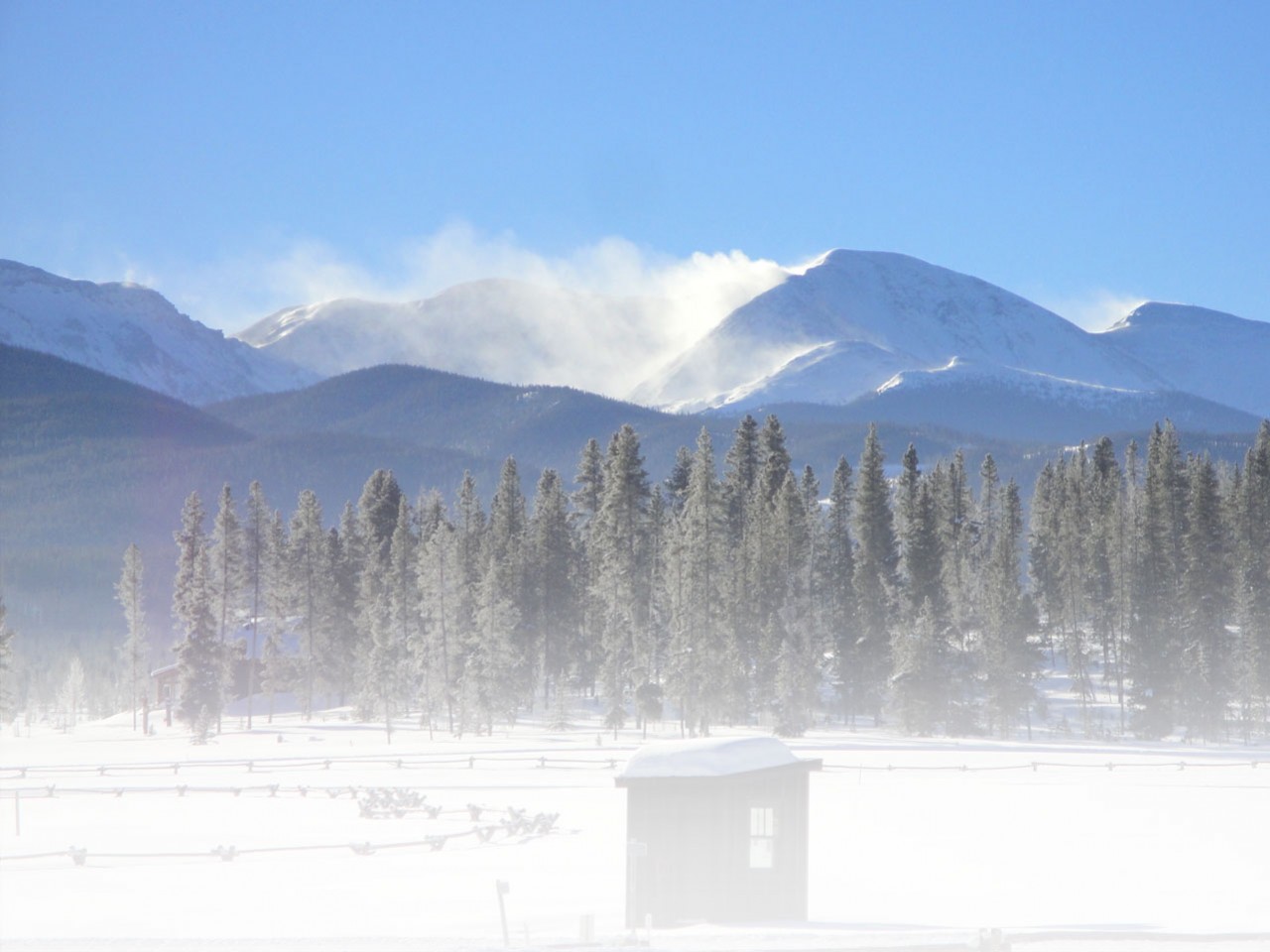Standing at the starting line ready to race is always exciting, despite butterflies in my stomach and pre-race anxiety. However, once I am settled in my pace, the butterflies are gone. But how do we beat those pre-race jitters?
Pre-race anxiety is not uncommon according to health clinician, mental performance consultant, and avid runner Duncan O’Mahony. He said, “Because all sports put the individual under a certain amount of stress, all athletes will experience anxiety in their sport. Anxiety is to be viewed as either facilitative or debilitative with regards to performance. In the general population, an anxiety disorder is thought to affect 1 in 3 people at some point in their lifetime.”
O’Mahony, in his private practice, works with high-performance athletes ranging in age from eight and up. He said, “Amongst this population, most are healthy individuals trying to push themselves to greatness, while the others are exceptional athletes who have concurrent mental health concerns that are affecting their performance.”
Ways to Cope With Pre-Race Anxiety
Some strategies to help do your best in the event and overcome any pre-race anxiety, are the following:
- Be well prepared for your event
- Visualize the route and how you are going to feel at each mile
- Do a warm-up before the start that helps you to relax
- Last, but not least, keep a positive mindset. Focus on success instead of worrying about the outcome.
Be Well Prepared for the Event
Preparation is the key to dealing with anxiety while training for an event such as a marathon or a snowshoeing race. Having a plan will keep you calm, and to also have a backup plan is a good idea just in case your fitness goal has changed. If you have been training for a half but you are not ready, then perhaps do a shorter distance.
Read More: Hidden Secrets! Preparing For A Snowshoe Distance Event
Visualize the Route
Duncan mentions, “The old cliché practice like you play and play like you practice is a good rule of thumb. The use of visualization, breathing techniques, and even goal setting are important in the training phase. Anxiety for most people is either a physical or cognitive trait. Understand how your anxiety manifests and how you respond to it is the first step in taming it,” he adds.
Do A Warm Up Before You Start
There are many benefits to warming-up before the race, including subsiding any pre-race anxiety. Warming-up helps prevent injuries and also warms up your muscles, which enhances your performance. Before every race, I normally jog for about 5-10 minutes depending on the distance. In my warm-up to fight off pre-race jitters, I will run part of the course to get a better feel for it. It is also a good idea to do about a 5-minute cool-down followed by some stretching.
Read More: 7 Exercises You Can Do To Support Your Snowshoeing
Positive Mindset
O’Mahony notes, “Positive self-talk goes a long way to calming the nerves and getting someone in their optimal state of mind. Trigger and cue words are good reminders when self-doubt creeps in. This can be a power phrase, a single word, or even a tactile thing, such as pulling on a jersey, slapping your leg, pumping up your chest. Make it your own and make it have meaning to you.”
“Mindful breathing is important. Using your breath as an anchor to focus your self and to let the thoughts come and go is a skill that takes repeated practice and is very effective when used.”
Anxiety As A Tool for Success
I asked Duncan about the relationship between anxiety and athletic performance.
He explains, “Anxiety is a necessity to perform at one’s best. Too much anxiety and performance will drop, not enough and performance will come up short. Basically, anxiety is the body’s physical response to stress. We need it for survival. Athletes over time become aware of their thoughts, emotions and physical sensations in response to stress. Understanding how to manage these states and what is the optimal state for that individual will help navigate them through the task at hand.”
The signs you do have anxiety, he says, “Some common signs are increased heart rate and breathing, jittery and fidgeting, sweating, nausea, irritability, focusing and concentration troubles. Everyone is different and understanding how you respond to stress is key.”
Read Next:
Is Snowshoeing A Remedy for Anxiety & Depression?
Snowshoeing Saved My Life
Transition From Running To Snowshoe Racing
Have you ever had pre-race anxiety? What are some strategies you’ve used to combat it?

![[Archive] Snowshoe Magazine - The snowshoeing experience for snowshoers around the world: snowshoe racing, snowshoes, gear reviews, events, recreation, first-timers.](https://archive.snowshoemag.com/wp-content/themes/snowshoemag2011/images/snowshoemagazine_logo.png)



Follow us for the latest news!